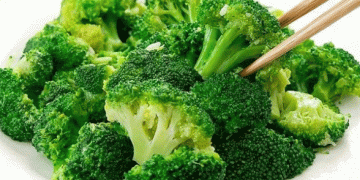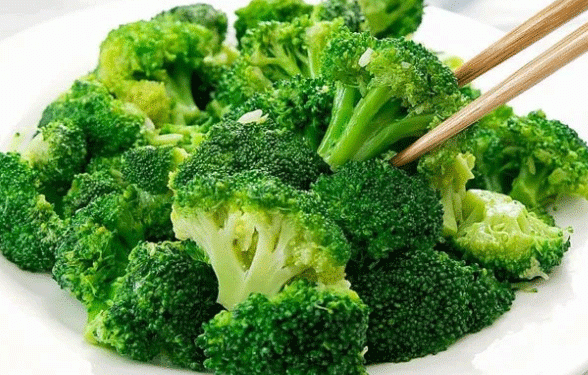For decades, broccoli has been celebrated for its nutritional value, but new research continues to reaffirm its remarkable cancer-fighting properties. According to a landmark publication by the National Cancer Center of Japan, broccoli tops the list of vegetables with the highest potential to prevent cancer, outperforming even other cruciferous cousins like cabbage, kale, and Brussels sprouts.
A growing body of research, including studies published in the American Journal of Clinical Nutrition and The Journal of Nutrition, attributes this protective effect to sulfur-containing compounds, especially sulforaphane and glucoraphanin. These naturally occurring phytochemicals are known to:
- Neutralize carcinogens
- Inhibit tumor growth
- Promote detoxifying enzyme activity
- Support DNA repair mechanisms
Scientific Evidence: Broccoli and Cancer Risk Reduction
Recent global studies have established strong links between cruciferous vegetable consumption and lower risk of several types of cancer:
- Colorectal cancer: Women consuming high levels of cruciferous vegetables have shown significantly reduced incidence rates, according to a 2021 meta-analysis in Cancer Epidemiology.
- Prostate cancer: A Harvard study found that men who eat broccoli and similar vegetables more than three times a week reduce their risk of aggressive prostate cancer by 41%.
- Lung cancer: Data from the U.S. Nurses’ Health Study suggest that women who eat more than 5 servings per week of cruciferous vegetables have lower lung cancer risk, especially among non-smokers.
- Breast cancer: A population study in China linked high intake of broccoli and other crucifers with a 35% reduced risk of developing breast cancer in women.
Nutritional Power in Every 100 Grams
Broccoli is not just a cancer-fighter—it’s a nutrient-dense food:
| Nutrient | Amount per 100g |
| Protein | 3.5–4.5g |
| Vitamin C | ~89 mg |
| Beta-carotene | ~600 µg |
| Fiber | ~2.6g |
| Folic acid (B9) | ~63 µg |
| Potassium | ~316 mg |
Compared to tomatoes or cabbage, broccoli contains 4–5 times more protein, and it’s also rich in carotenoids, flavonoids, and essential minerals.
Additionally, broccoli has been shown to:
- Support cardiovascular health by regulating blood pressure and reducing inflammation (via flavonoids and potassium)
- Strengthen the immune system through its high vitamin C and antioxidant content
- Stabilize blood sugar thanks to its fiber and plant-based compounds
Maximizing Health Benefits: How to Grow and Eat It
For farmers, broccoli remains a valuable crop due to its nutritional appeal and rising consumer demand for functional foods. Optimal cultivation requires:
- Cool temperatures (18–23°C)
- Well-drained, fertile soil with pH 6.0–7.0
- Timely harvesting before curds loosen
To retain its health-promoting compounds, broccoli should be lightly steamed or consumed raw. Boiling significantly reduces sulforaphane content.
Broccoli is more than a side dish—it’s a potent natural ally in cancer prevention and holistic health. With scientific backing from multiple global studies and its rich nutritional profile, broccoli deserves expanded cultivation, better post-harvest handling, and a permanent place in daily diets. For farmers, agronomists, and health professionals, supporting the production and consumption of cruciferous vegetables like broccoli is a win-win for public health and sustainable agriculture.































